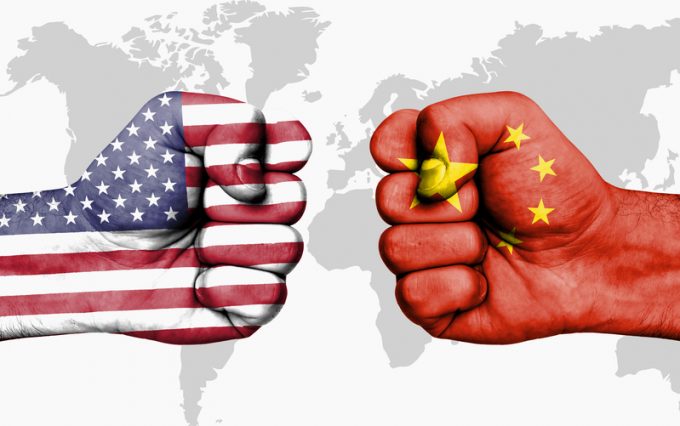CMA CGM's $20bn US pledge: all fur coat and no knickers
Is Macron at the helm?

It seems China is either not alone in its concerns over a move towards global protectionism – or it’s wielding an incredible level of influence over the World Trade Organisation (WTO).
Its director general, Ngozi Okonjo-Iweala, at the China International Supply Chain Expo in Beijing this week, echoed China’s calls urging countries not to abandon globalisation.
Noting nations’ national security necessitated some re-shoring or near-shoring, Ms Okonjo-Iweala said: “If countries let it go down the road of large-scale reshoring, it would just be ...
'Disastrous' DSV-Schenker merger would 'disrupt European haulage market'
Volumes set to 'fall off a cliff' as US firms hit the brakes on sourcing and bookings
New senior management for DSV as it readies for DB Schenker takeover
Asian exporters scramble for ships and boxes to beat 90-day tariff pause
Temporary tariff relief brings on early transpacific peak season
Amazon pushes into LTL for small package fulfilment and UPS does a u-turn
Pre-tariff rush of goods from US to China sees air rates soar, but not for long
De minimis-induced ecommerce demand slump could cripple freighter operators
Forwarders 'allowing the fox into the chicken run' by supporting 'hungry' carriers
'Tariff madness' will prompt renegotiation of ocean shipping contracts
Navigating tariffs: 'like trying to solve a Rubik's cube while colour-blind'
'Restoring America's maritime dominance' – stop laughing at the back of the class


Comment on this article
Philip Ho
December 04, 2023 at 8:13 amLOL. China’s globalization is different from your globalization unless you feel the same as Chinese toward Pakistan/IS/Russia/North Korea.